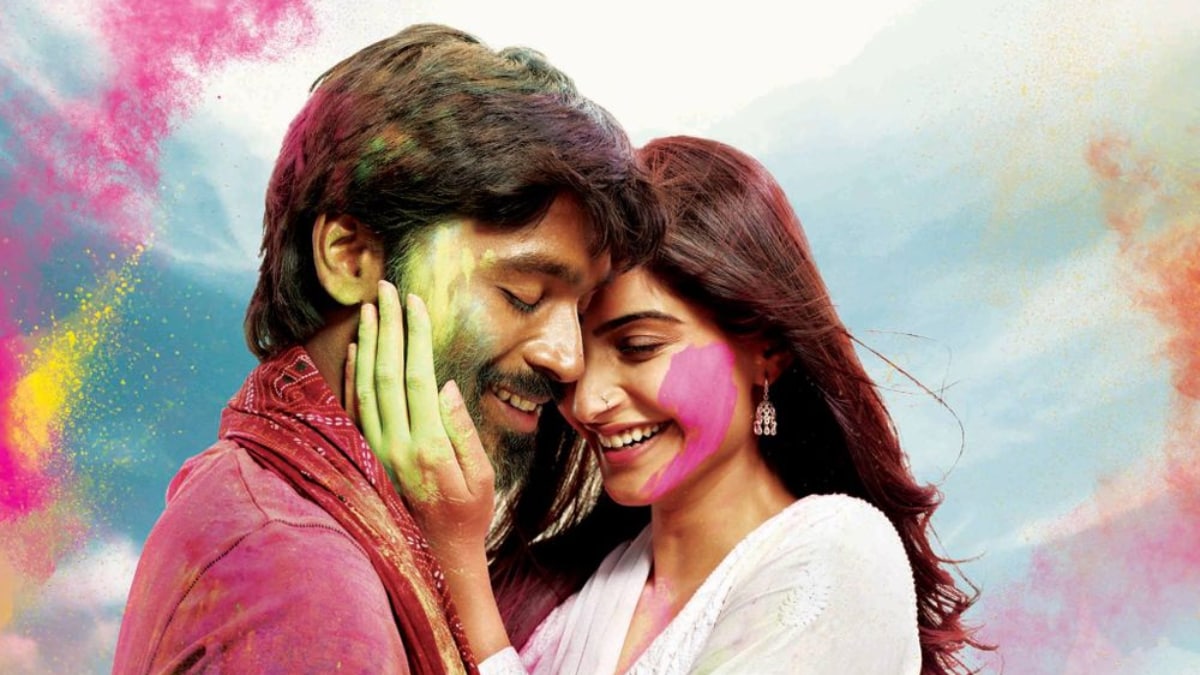

The re-release of the 2013 romantic drama "Raanjhanaa," starring Dhanush, with an AI-altered climax has sparked controversy and strong reactions from the film's original creators. Dhanush has voiced his disapproval of the altered ending, stating that it undermines the film's essence and was done against his wishes.
The AI-reimagined ending presents a "happy ending" where Dhanush's character, Kundan, survives, contrasting with the original tragic storyline where he dies. This alteration has been marketed as an attempt to provide audiences with a more uplifting conclusion. However, this change has been met with criticism, with many feeling it strips away the story's soul.
Dhanush expressed his disturbance, stating that the alternate ending has "stripped the film of its very soul". He further emphasized that "this is not the film I committed to 12 years ago". The actor also voiced his concerns about the use of AI in creative works, fearing it threatens storytelling integrity and the legacy of cinema. He hopes that stricter regulations will be implemented to prevent such practices in the future.
Director Aanand L. Rai has also distanced himself from this version, clarifying that neither he nor his original team were involved in the modified version and described the situation as "deeply upsetting". He called the AI-edited version "unauthorised" and termed the AI version of the film "a reckless takeover that strips the work of its intent, its context, and its soul". Rai stated that the film was "altered, repackaged, and re-released without my knowledge or consent". He warned of the larger implications of tampering with artistic integrity through artificial means, describing it as "an abject betrayal of everything we built".
The incident has ignited an industry-wide debate about the use of AI in filmmaking and the potential impact on artistic integrity. Some audience members have welcomed the revised ending as "healing," while others believe it diminishes the story's emotional impact. The controversy raises important questions about creative rights, artistic consent, and the ethical boundaries of using AI to alter films.
The re-release of "Raanjhanaa" with an AI-altered climax serves as a reminder of the importance of preserving the original intent and vision of filmmakers. As AI technology becomes more prevalent in the entertainment industry, it is crucial to establish clear guidelines and regulations to protect artistic integrity and prevent unauthorized alterations of creative works. The "Raanjhanaa" case highlights the potential risks of using AI to modify films without the consent of the original creators, emphasizing the need for a thoughtful and ethical approach to integrating AI into the filmmaking process.